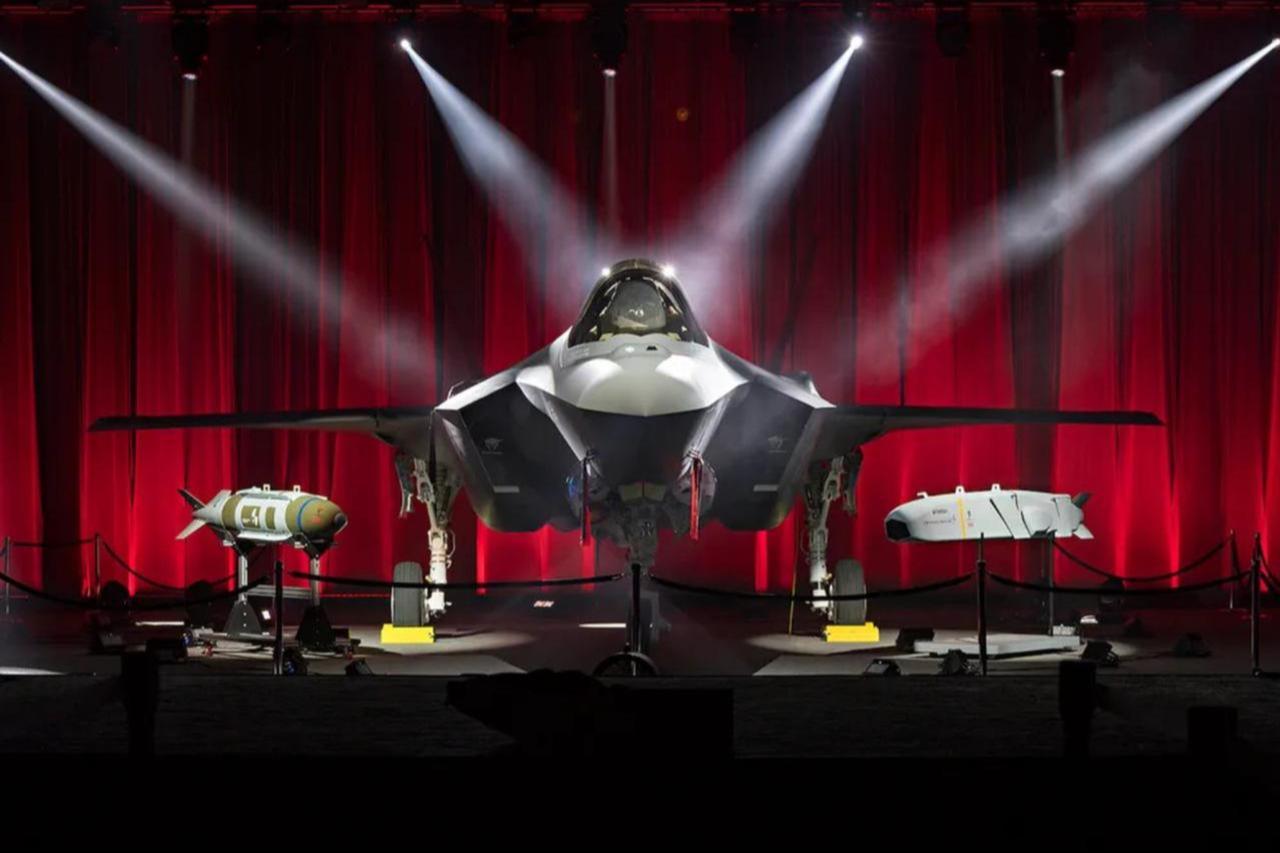President Recep Tayyip Erdogan said Wednesday that his government is pursuing the delivery of F-35 fighter jets from the United States, emphasizing that Türkiye has already paid for the aircraft.
"We told them, 'We paid the money, you still haven't delivered the F-35s.' That's it. Now we are following up on it," Erdogan told reporters at a reception hosted by Parliament Speaker Numan Kurtulmus at the Grand National Assembly to mark the new legislative year.

The president's remarks came in response to a question about his recent meeting with U.S. President Donald Trump, during which the F-35 issue was reportedly discussed.
Türkiye was removed from the F-35 program in 2019 after purchasing Russia's S-400 air defense system, a move that drew sharp criticism from Washington and other NATO allies. The Pentagon cited security concerns, arguing that the Russian system could compromise the advanced fighter jet's technology. Türkiye had been both a buyer and a manufacturing partner in the multinational program, with Turkish companies producing components for the aircraft.
Despite its exclusion, Türkiye had already paid approximately $1.4 billion for the purchase of 100 F-35s. The U.S. has not returned those funds, though officials have previously indicated the money would be used to compensate Turkish contractors who were part of the supply chain.
The F-35 dispute remains one of several contentious issues in U.S.-Turkish relations, even as the two NATO allies have recently moved to strengthen cooperation in other areas. Last week, during Erdogan's visit to the White House on Sept. 25, Türkiye signed a strategic civil nuclear cooperation agreement with the United States. Turkish Energy Minister Alparslan Bayraktar and U.S. Secretary of State Marco Rubio formalized the memorandum of understanding in the presence of both leaders.
The nuclear deal, which Bayraktar described as opening "a new process" in bilateral energy partnership, is part of Türkiye's broader push to expand its nuclear energy capacity.
Türkiye also concluded major liquefied natural gas import agreements during the Washington visit, with state energy company BOTAS signing contracts worth 75.8 billion cubic meters with Mercuria and Woodside Energy.
The country is already constructing its first nuclear power plant in Akkuyu with Russian assistance and has expressed interest in building additional facilities, including small modular reactors, as it seeks to diversify its energy supply and reduce reliance on imported natural gas.